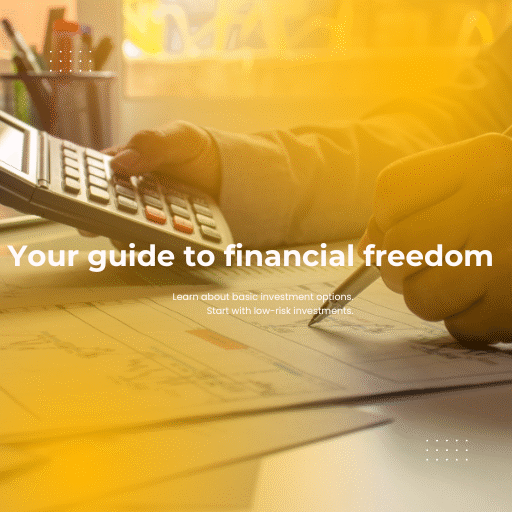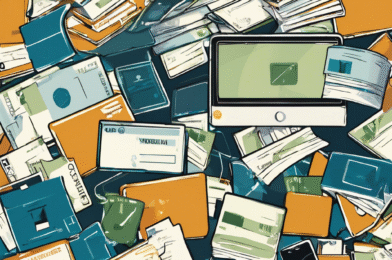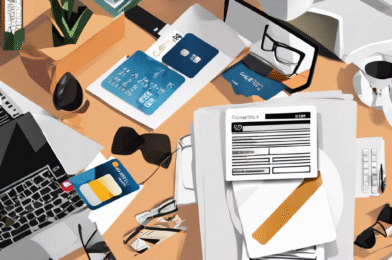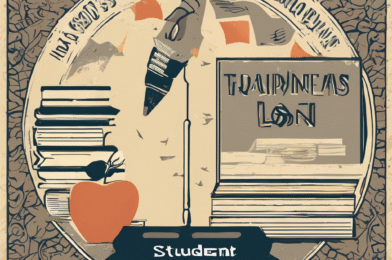Consolidating debt is a financial strategy that many people consider when faced with multiple high-interest debts, such as credit card balances, personal loans, or medical bills. By consolidating debt, individuals can simplify their financial obligations by combining multiple debts into a single loan with a lower interest rate. This can help lower monthly payments, reduce overall interest costs, and make it easier to manage finances.
There are several ways to consolidate debt without hurting your credit score. One common method is to obtain a debt consolidation loan, which is a personal loan used to pay off existing debts. These loans typically have lower interest rates than credit cards, making them a more cost-effective option for debt consolidation. By using a debt consolidation loan to pay off high-interest debts, individuals can save money on interest charges and pay off their debts faster.
Another option for consolidating debt is to transfer high-interest credit card balances to a balance transfer credit card with a lower interest rate. Many credit card issuers offer promotional interest rates on balance transfers, allowing individuals to consolidate their credit card debt and save money on interest charges. However, it’s important to read the terms and conditions carefully to understand any fees or limitations associated with the balance transfer.
For homeowners, a home equity loan or home equity line of credit (HELOC) can be used to consolidate debt. These loans allow individuals to borrow against the equity in their homes and use the funds to pay off high-interest debts. Home equity loans typically have lower interest rates than other forms of credit, making them an attractive option for debt consolidation. However, it’s important to consider the risks associated with using your home as collateral for a loan.
Debt management plans offered by credit counseling agencies can also help individuals consolidate their debts and repay them over time. These plans involve working with a credit counselor to negotiate lower interest rates and monthly payments with creditors. While enrolling in a debt management plan may temporarily impact your credit score, making consistent payments can help improve your credit over time.
It’s important to carefully consider the pros and cons of each debt consolidation option before making a decision. While consolidating debt can help simplify your finances and save money on interest charges, it’s essential to choose a strategy that aligns with your financial goals and budget. Additionally, it’s crucial to avoid taking on new debt while consolidating existing debts to prevent further financial strain.
In conclusion, consolidating debt without hurting your credit score is possible with careful planning and consideration of the available options. Whether you choose a debt consolidation loan, balance transfer credit card, home equity loan, or debt management plan, prioritizing consistent payments and responsible financial management is key to successfully consolidating debt. By taking proactive steps to address your debt, you can work towards a brighter financial future and improve your overall financial well-being.









